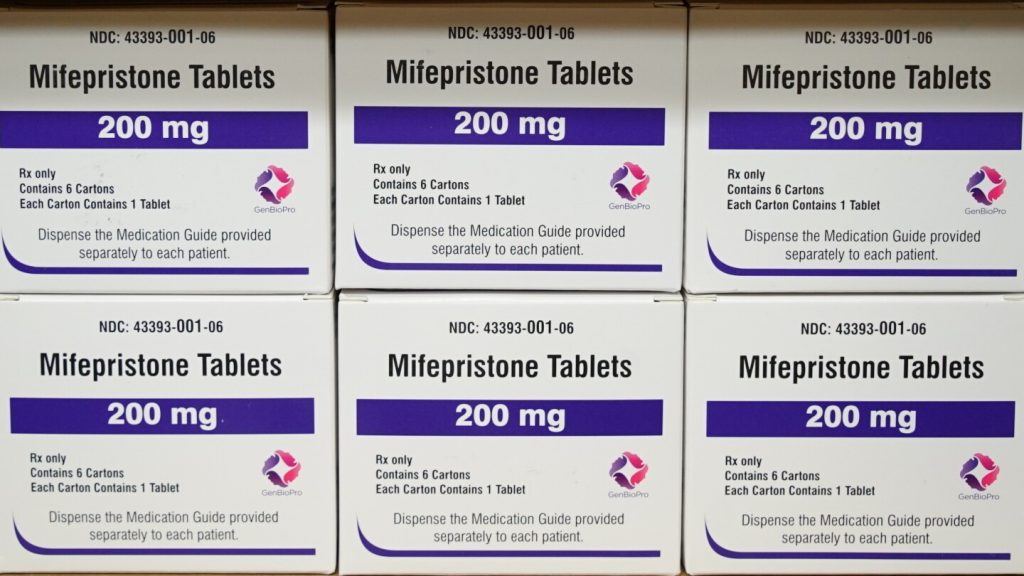The Supreme Court unanimously upheld access to the abortion medication mifepristone in its first abortion-related decision since the overturning of Roe v. Wade two years ago. The court ruled that abortion opponents did not have the legal right to sue over the FDA’s approval of the medication and subsequent actions to ease access to it. The case had the potential to restrict access to mifepristone across the country, including in states where abortion is legal. Justice Brett Kavanaugh, part of the majority that overturned Roe, wrote for the court that federal courts are not the appropriate forum for addressing the plaintiffs’ concerns about the FDA’s actions.
The decision highlights the significance of the upcoming 2024 election and the potential impact of an FDA commissioner appointed by Republican Donald Trump on access to mifepristone. President Joe Biden praised the decision but emphasized that access to necessary treatment for women remains threatened in many states. Marjorie Dannenfelser, president of SBA Pro-Life America, expressed disappointment with the ruling, criticizing Democrats for pushing for widespread access to abortion. The decision had implications beyond abortion, as it could have set a precedent for judges to second-guess the FDA’s scientific judgments in other contexts.
Health care providers warned that if mifepristone became unavailable or difficult to obtain, they would have to rely solely on misoprostol, which is less effective in ending pregnancies. Biden’s administration and drug manufacturers argued that siding with abortion opponents could undermine the FDA’s drug approval process and posed a threat to public health. The plaintiffs in the case, anti-abortion doctors and organizations, claimed that the FDA’s decisions to relax restrictions on mifepristone jeopardized women’s health. Kavanaugh acknowledged the opponents’ objections but emphasized that federal laws protect doctors from being forced to perform abortions against their beliefs.
Abortion rights advocates were relieved by the decision, which maintained the status quo but acknowledged the ongoing public health crisis in states where abortion is criminalized. The case began shortly after the overturning of Roe, with abortion opponents initially seeking to revoke the approval of mifepristone entirely. The Supreme Court ultimately ruled against the plaintiffs, leaving room for further lawsuits from other entities, including states like Idaho, Kansas, and Missouri. The decision is likely to have implications for future legal challenges related to abortion pills and access to reproductive healthcare.


